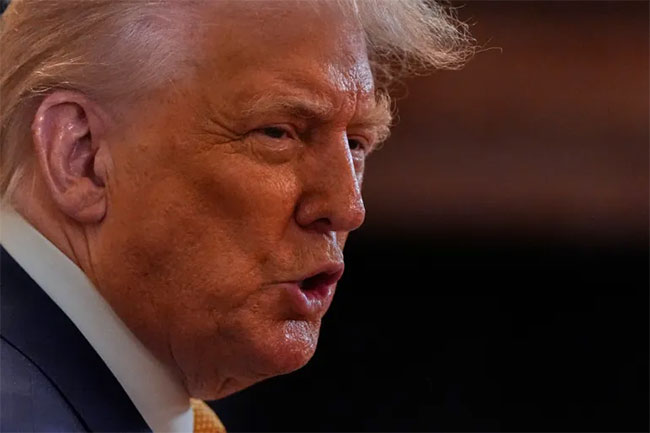Chief Executive of Apple, Tim Cook gives a thumb’s up during a tour the Apple Headquarters on December 12, 2024 in London, England.
Chris Jackson | Getty Images
Apple clinched a major win Monday after the U.S. government announced that the U.K. had agreed to drop its demand for the company to provide a “back door” granting officials access to users’ encrypted data.
The iPhone maker won’t be alone to rejoice in the outcome.
The development came after extensive talks between Britain and the U.S., which had raised national security concerns over the request.
At the root of the row was end-to-end encryption, a technology which secures communications between two devices in a way that means not even the company providing a chat service can view any messages.
How did we get here?
The story of Apple’s U.K. privacy battle started earlier this year, when it was reported that the British government had demanded access to the company’s encrypted cloud service via a technical “back door.”
Such a back door has long been contested by Apple. In 2016, the Federal Bureau of Investigation tried to get Apple to create software that would enable it to unlock an iPhone it recovered from one of the shooters involved in the 2015 terror attack in San Bernardino, California.
Other companies have also had to fend off government attempts to undermine end-to-end encryption. For example, when Meta announced plans to encrypt all messages on its Facebook Messenger app, the move drew condemnation from the U.K. Home Office. Meta had already offered encryption on WhatsApp.
Global encryption debate
The Monday news could have broader implications for the debate around end-to-end encryption globally.
Governments and law enforcement agencies have long pushed for methods to break such encryption systems to assist with criminal investigations into terrorism and child sexual abuse.
However, tech companies have said that building an encryption back door would not only undermine user privacy, but also expose them to possible cyberattacks. Cybersecurity experts say that any back door built for a government would eventually be found and exploited by hackers.
U.S. national intelligence officials were also worried by the ramifications of Apple offering such a back door.
For Apple, the U.K.’s concession over encryption could mean that the company can bring back its most secure service for users’ cloud data, Advanced Data Protection (ADP), which the company stopped offering to Brits in February.
It is not yet clear if Apple will reintroduce its ADP service to the U.K. market.
CNBC has reached out to Apple and the U.K. government for comment.













